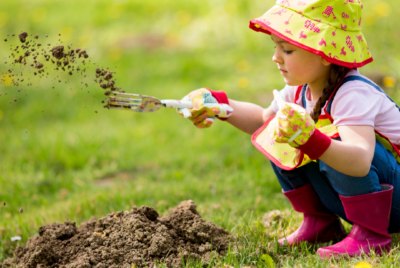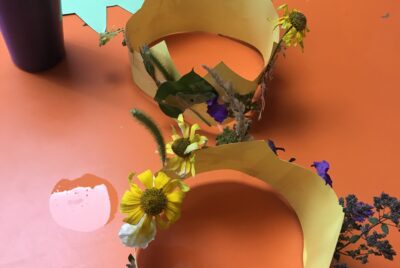RESEARCH
Effectiveness of a Multicomponent Activity and Horticultural Intervention for the Hospitalized Older Adults: A Randomized Controlled Trial: Effectiveness of Intervention for the Hospitalized Older Adults
Summary
The study assessed 96 hospitalized older adults across three groups: routine care, horticultural intervention, and multicomponent activity intervention. The interventions were conducted three times per week and included gardening tasks, music activities, and board games. Results showed that both horticultural and multicomponent interventions significantly improved cognitive function and quality of life, with horticulture also leading to higher self-perceived health scores. Improvements were measured using the Comprehensive Geriatric Assessment (CGA), which evaluated cognitive function, activities of daily living (ADL), instrumental ADL (IADL), frailty status, geriatric depression, and self-perceived health.
Findings suggest that horticultural therapy is particularly effective in maintaining autonomy and daily function in hospitalized older adults. The study highlights the potential for non-pharmacological interventions to support cognitive health and well-being in geriatric care settings. However, the authors recommend future research on longer-term intervention effects and adjustments in intervention frequency for more sustained benefits.







